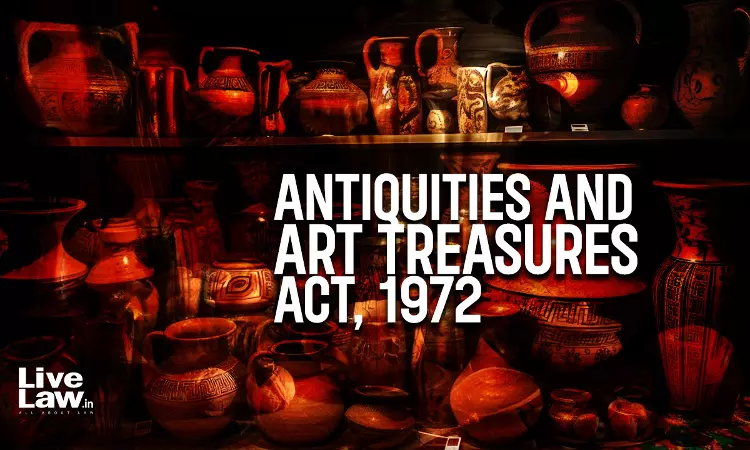The Kerala High Court last week held that Antiquities and Art Treasures Act, 1972 (Antiquities Act) does not restrict a person’s right to hold any antiquity such as an idol, irrespective of its age.Justice Bechu Kurian Thomas held thus:“….it is evident that the Antiquities Act does not restrict the right of a person to own or possess an art, artifact or an antiquity. If an antiquity...

